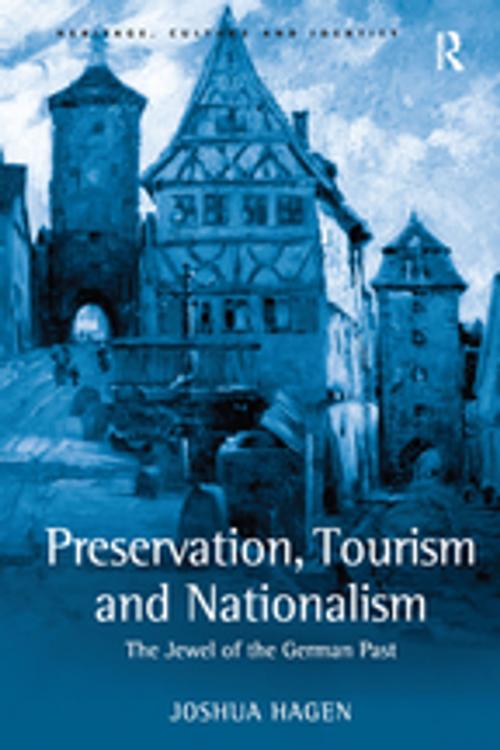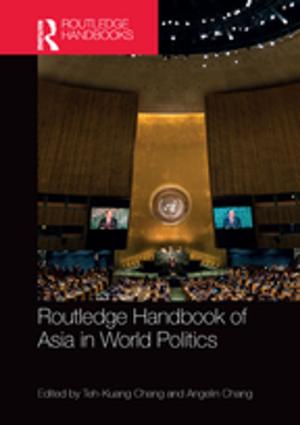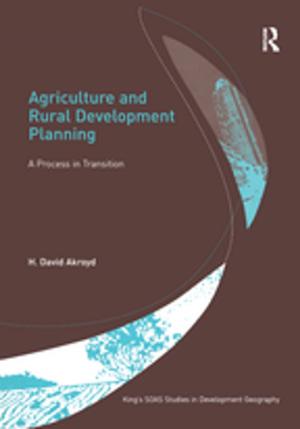Preservation, Tourism and Nationalism
The Jewel of the German Past
Business & Finance, Industries & Professions, Hospitality, Tourism & Travel, Nonfiction, Social & Cultural Studies, Social Science, Anthropology| Author: | Joshua Hagen | ISBN: | 9781351909136 |
| Publisher: | Taylor and Francis | Publication: | December 5, 2016 |
| Imprint: | Routledge | Language: | English |
| Author: | Joshua Hagen |
| ISBN: | 9781351909136 |
| Publisher: | Taylor and Francis |
| Publication: | December 5, 2016 |
| Imprint: | Routledge |
| Language: | English |
Since its discovery by German romantics and nationalists, Rothenburg has been an established icon of the German nation and its medieval past. By tracing Rothenburg's historical development as a place of national importance, this book examines the cultural politics of historical preservation and tourism in general. In exploring the shifting practice and importance of tourism in Rothenburg and how this relates to broader debates about German culture and identity, Preservation, Tourism and Nationalism offers an important and original perspective on the changing dynamics of romanticized historical landscapes and how events are used to further national, cultural and political agendas. It also analyses the changing practices of historical preservation, and in particular, how historic preservation in Rothenburg reflects a desire to make it more historic and more German. With important insights into what it means to be German, how Germans relate to the past and how the answers to these questions have changed over time, this richly illustrated and detailed volume offers an important narrative of the rise, evolution and contestation of memory in German culture.
Since its discovery by German romantics and nationalists, Rothenburg has been an established icon of the German nation and its medieval past. By tracing Rothenburg's historical development as a place of national importance, this book examines the cultural politics of historical preservation and tourism in general. In exploring the shifting practice and importance of tourism in Rothenburg and how this relates to broader debates about German culture and identity, Preservation, Tourism and Nationalism offers an important and original perspective on the changing dynamics of romanticized historical landscapes and how events are used to further national, cultural and political agendas. It also analyses the changing practices of historical preservation, and in particular, how historic preservation in Rothenburg reflects a desire to make it more historic and more German. With important insights into what it means to be German, how Germans relate to the past and how the answers to these questions have changed over time, this richly illustrated and detailed volume offers an important narrative of the rise, evolution and contestation of memory in German culture.















